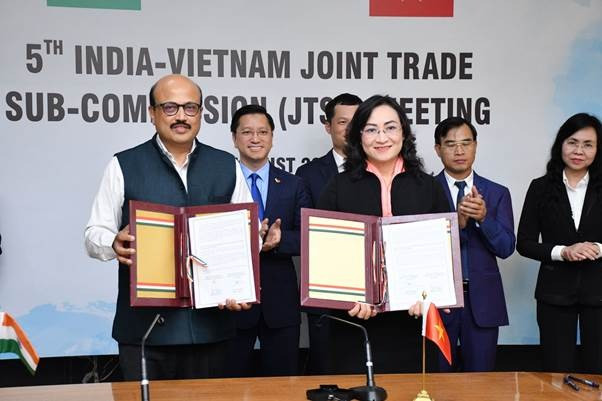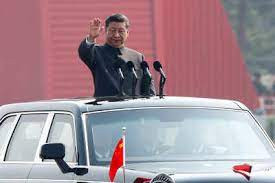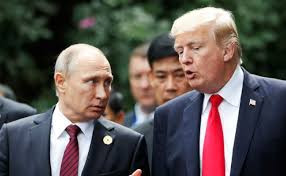India's Restrictive Trade Policy Benefits Vietnam

IIE Digital Desk : The government of India has raised import duties on mobile phones, laptops, and other electronic products in recent years. This has made it more expensive for Indian consumers to buy these products, and has boosted the sales of Vietnamese manufacturers, who are able to export their products to India duty-free. Vietnam is now the world's second-largest exporter of smartphones, and its exports to India have grown rapidly in recent years. In 2022, Vietnam exported $12 billion worth of smartphones to India, up from just $2 billion in 2017.
The Indian government's trade policy is designed to protect domestic manufacturers from foreign competition. However, it is having the opposite effect in the case of electronics. By making it more expensive for Indian consumers to buy imported electronics, the government is actually helping Vietnamese manufacturers to capture market share in India.
The Indian government is aware of this problem, but it is reluctant to change its trade policy. The government is worried that if it lowers import duties on electronics, it will hurt domestic manufacturers. However, the government's current policy is not sustainable. As Vietnam continues to grow its electronics manufacturing industry, it will become increasingly difficult for Indian manufacturers to compete.
The Indian government needs to find a way to balance the needs of domestic manufacturers with the needs of consumers. One way to do this would be to provide subsidies to domestic manufacturers, so that they can lower their prices and compete with foreign rivals. Another way to address the problem would be to negotiate free trade agreements with other countries, such as Vietnam. This would allow Indian consumers to buy electronics at lower prices, while also protecting domestic manufacturers from unfair competition.
You might also like!
















